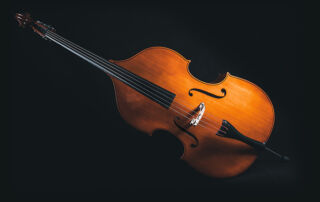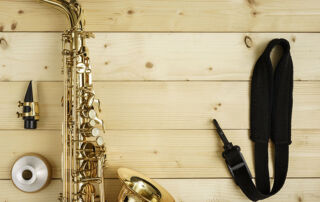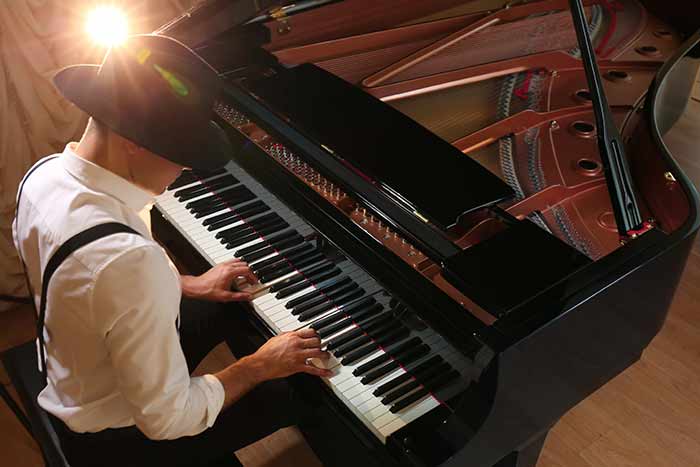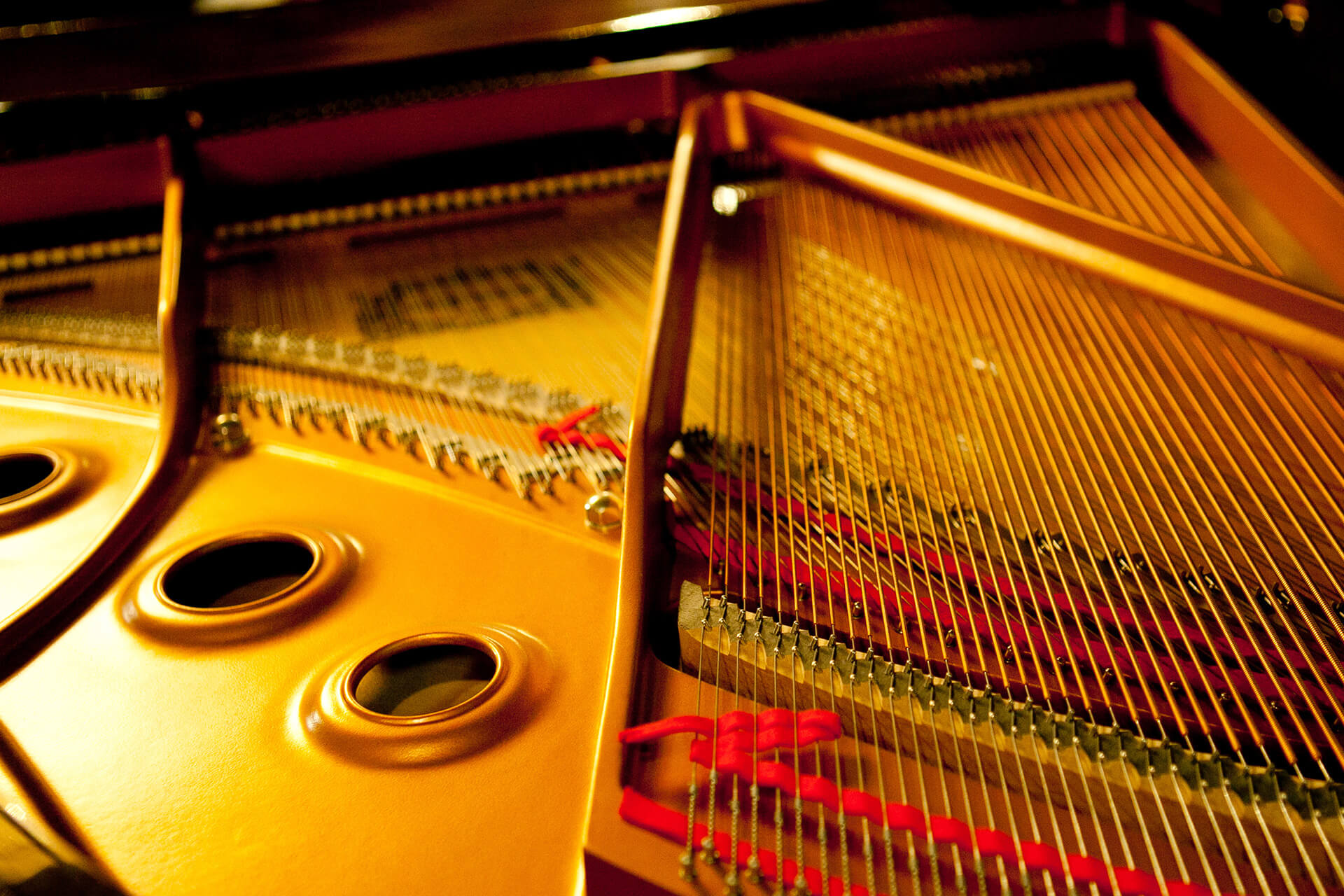Some people hate scale playing while others love playing scales! Some feel it's a waste of time because they "just want to play lovely tunes and music. Why is there made such a fuss about scales and having to know and play them?
The question is:
Is it really so important to know your scales and to be able to play them all?
Some students often regard playing scales as a bit of time wasting, mostly because of lack of understanding the importance thereof.
Knowing your scales and being able to play them is crucial to playing well and being a good musician. Without knowing your scales or keys. is like being in a boat on the big blue sea without a rudder or direction.
Scales form the basis on which all chords and harmonies are built in Western music.
When you play any piece of music, it is always built on a harmonic structure which can be traced back to a key or a few keys. For this reason knowing your scales is absolutely vital. You could simply read the notes on your score and not know the harmonic structure of the chords used, but that will only keep you remembering notes and not understanding the map of harmonies used in the composition by the composer. It's quite amazing to be able to grasp the chord progressions and see the "map" used by the composer.
Why do I need to know my scales?
- Knowing your scales will give you a lot of satisfaction and understanding of the harmonic structure of a piece of music.
- Being able to play all 12 scales will give you a thrilling sense of control and understanding music, knowing the composition of notes, intervals and keys on your keyboard.
- It opens great avenues of being able to think in a specific key.
- If you also know the chords formed on each note of the scales you are playing, a whole new world of being able to use chords and improvise can spring into existence!
Being able to play all 12 scales gives you a great sense of achievement.
Being able to play your scales well gives you a great sense of ability, freedom and satisfaction which the non scale player misses. The problem of not enjoying scales comes in when you are overwhelmed with all the different scales patterns on the keyboard. Each scale looks different on the keys yet sounds the same for example if you are playing a major scale. You need to learn these patterns as pictures rather than try to remember sharps or flats. Learning scales is best done little by little with accuracy.
Students often try to avoid scale learning in both the classical music and jazz genre. Its many times only at a later stage of musical development that many students suddenly understand the importance of scales.
It's important to know that all your pieces and all of our western music is built on the very basic major scale. Chords are constructed on the eight notes of the scale therefore the whole harmonic structure of a piece of music is built on a scale or key and its chords.
Scales are usually learnt, applied and practiced differently in these two different genres - the classical genre and jazz genre.
Scales used by the jazz player:
It's crucial for the real jazz player to know their scales. Not only the normal major and minor scales but also the modes, the diminished and altered scales etc.
- Jazz players normally know all their scales by being able to pick out the right consecutive notes and knowing the key signature but not necessarily being able to play them all flawlessly and perfectly with the correct fingering, as the classical pianist will do.
- Scales are used for improvising by creating melodies and running melodic licks built on the scales.
- Scales are used to work out chords and harmonic chord progressions.
- Knowing your scales in the Jazz arena is a must and super important if you want to be able to play and understand jazz chords and jazz pieces.
- The jazz pianist often does not care too much about playing scales perfectly with perfect fingering.
- The jazz musician uses the scale mostly as a navigational tool to improvise lines on given chords and for building chords. Good jazz players will undoubtedly be able to pick out every scale and chord throughout the 12 keys available.
- The jazz pianist uses not only the major and minor scales but also scales like the modes, altered scales or the diminished scales etc. These scales do not form part of today's classical exam syllabuses used for classical teaching. Modal scales and altered scales etc. are not often used in the classical language. The jazz pianist uses these scales all the time. An understanding of these scales are seen as a given.
For the classical piano player scales are treated as follows:
- Scales are regarded as very important for harmonic content when studying harmony. Harmony is built on the major scale or minor scale.
- Scales are used more specifically in the classical style for technical development and finger dexterity (ability).
- Knowing and playing your scales as a classical piano player gives you a good grip on keys and your pieces.
- It is expected of the classical player to know all their scales.
- Playing scales has to be played and practiced with the correct fingering for each scale.
- Wrong fingers and sloppy playing is never appreciated when studying classical piano.
- Having the ability to play scales and runs with perfection is expected of the classical performer.
Let's look at the above mentioned points concerning classical playing and scales:
I find it quite amazing to find so many students who simply love their scales.
Being able to run through your scales, at a good tempo, being able to play them faultlessly. gives a lot of satisfaction. You don't need a book or notes to read when playing scales. This gives the classical player a sense of freedom of at least being able to play something well without thinking about notes written on a page!
There is great enjoyment in playing scales when you know them well enough to just sit and play them up and down your keyboard at a good speed faultlessly!











